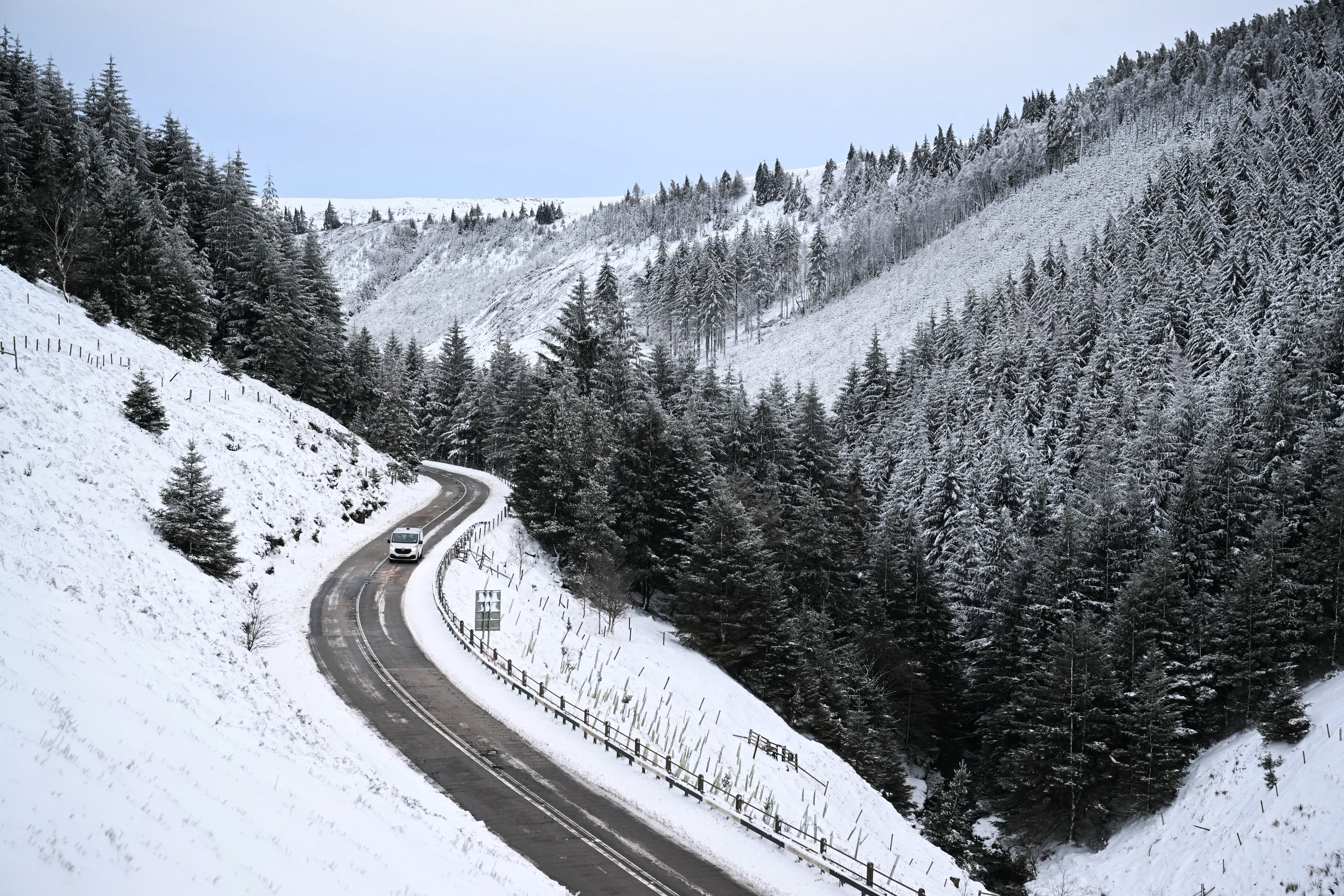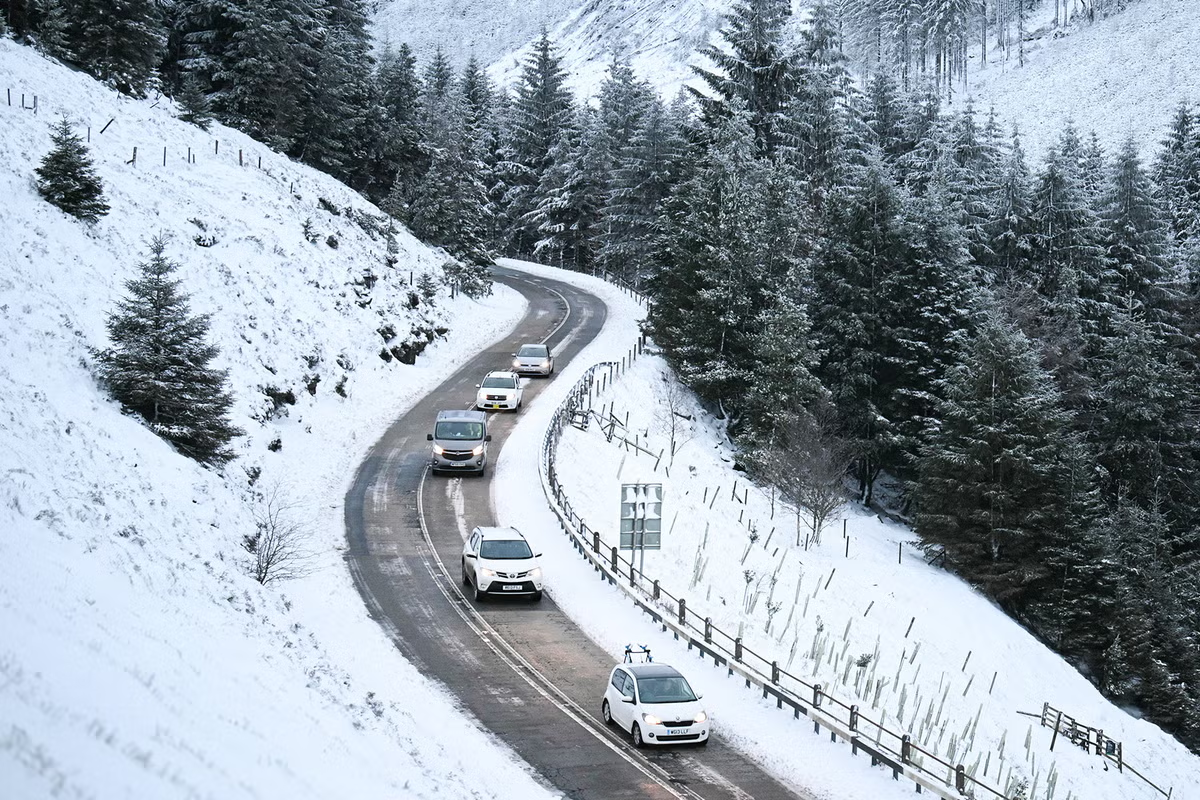A famous road connecting Sheffield and Manchester that is constantly under threat of harsh weather conditions and dangerous landslides is becoming too expensive to maintain, with the council warning it cannot afford to keep up repairs.
Snake Pass, named after a pub along the road rather than its twisty serpentine shape, is a hill pass that crosses the Pennines in Derbyshire and offers impressive views of the Peak District.
However, the 200-year-old road has become increasingly dangerous to drive along, leading to frequent closures, which are often in the winter due to ice and snow.
The road also experiences landslides, which is a problem that the whole of Derbyshire faces.
“I think that Snake Pass because of the geology of the area has always been a bit of a challenge in terms of landslips and movement in the area,” Charlotte Cupit, Derbyshire County Council‘s cabinet member for transport, told the BBC.
She said that the problem is exacerbated by more extreme weather conditions.
“Sadly with some of the floods, and some of the big snowfall events, Snake bears the brunt of that quite often because it’s one of the highest points in the county,” she said.
Despite being one of the main routes between the cities of Manchester and Sheffield, Derbyshire County Council is responsible for the pass and has to continue to resurface Snake Pass following the landslips.
At the moment, there are four landslips along Snake Pass of varying degrees of severity, Ms Cupit said.
There is one place along the route at Alport where “half the road has gone”, meaning traffic lights have had to be installed so that cars can still use one of the lanes.

Snake Pass’ future could be in jeopardy as the council says it cannot afford to keep repairing the road and does not have the resources to deal with a major landslip should one occur.
“We haven’t got the resources to be able to carry out the repair, because that’s many millions of pounds, and that would take it off the wider highways budget that we currently get,” Ms Cupit told the publication.
“County-wide we only get about £27m a year as a base, and that’s for the whole county – 3,500 miles of roads,” she added.
However, a spokesperson from the Derbyshire County Council told The Independent it has no plans to close Snake Pass.
“There are several landslips on the road, which we are managing,” they said. “We hope that the road remains stable, and will do everything we can to keep it open within the budgets that we have.”
The council has asked the Department for Transport (DfT) for a “landslips fund” to keep the road open in future.
However, the DfT told the BBC it was “not responsible for Snake Pass” and “does not hold contingency funding for major repairs of this sort”.
The road is used by approximately 30,000 vehicles a day, including 1,500 heavy goods vehicles, Derbyshire Live reports.
If Snake Pass did close to cars, cycling campaigner Harry Gray, who organised cycling events on the road while it was closed, said it could become “one of the most famous walking and cycling routes in Britain” if it banned cars.
For more travel news and advice, listen to Simon Calder’s podcast












